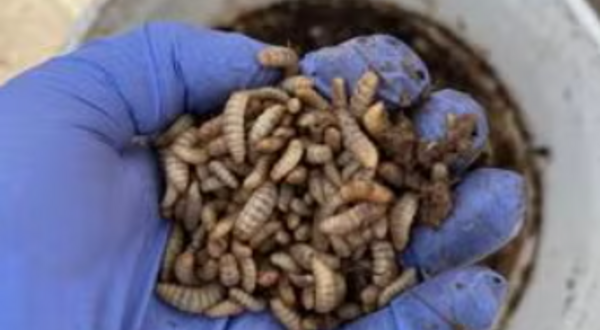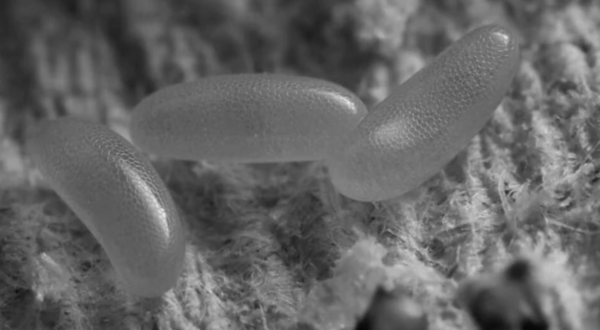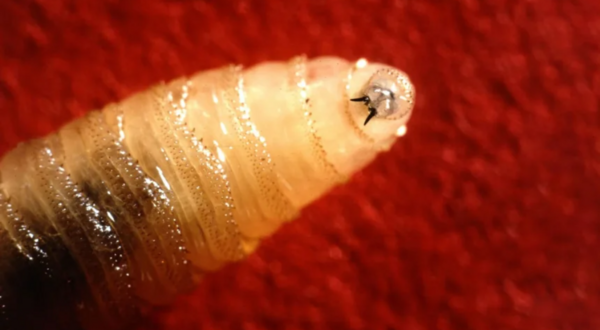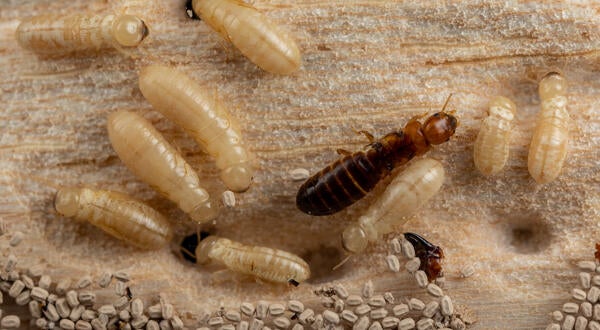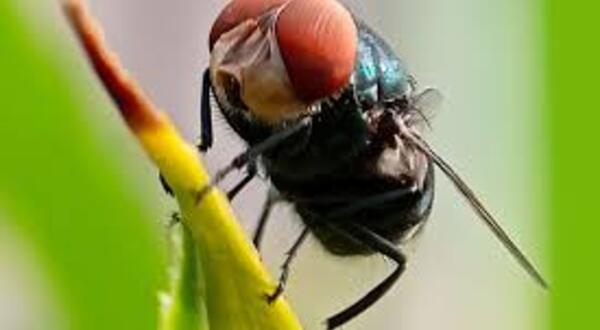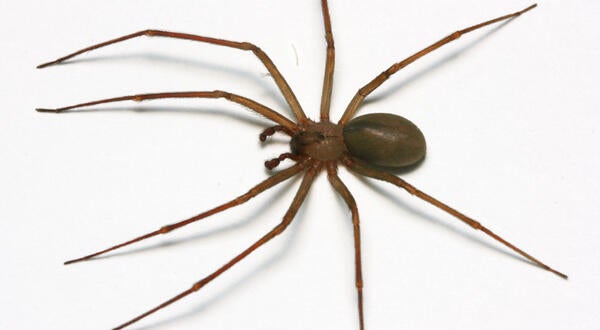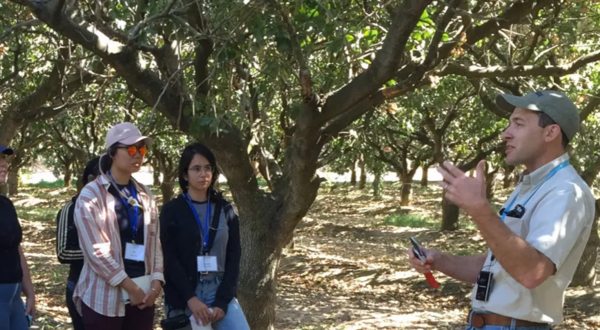Welcome to the UC Riverside Entomology Department!
The University of California, Riverside Entomology Department is known for its excellence in the study of insects and related arthropods and is ranked second in the world by the Center for World University Rankings. More than 35 faculty members conduct research with specializations including: arthropod vectors of plant pathogens, biological control, insect behavior, chemical ecology, ecology, morphology, pathology, pest management, physiology, insect-plant interactions, systematics, toxicology, insecticide resistance, medical/veterinary entomology, molecular entomology, neuroscience, and urban entomology.
